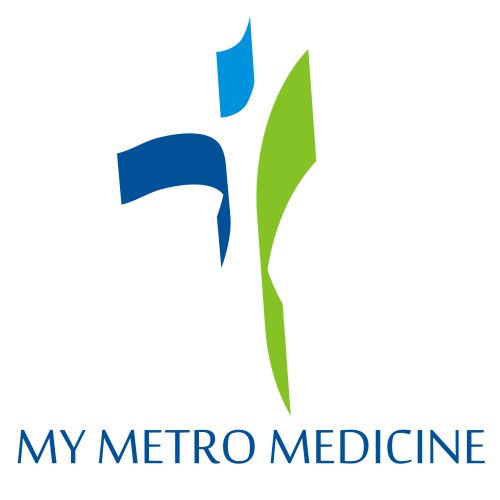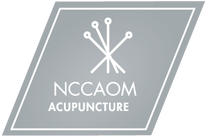|
The blog you are about to read was an assignment in a communications class I recently taught at the Virginia University of Integrative Medicine (VUIM). Students were asked to answer two questions: (1) "Where do you see Oriental Medicine in the future?" and (2) "How will you be a part of it?" This is one of the blogs we decided to publish. Please enjoy and remember to leave a comment below! Great job, Joshua!
Written By Joshua Ralls
(Master's of Acupuncture Student at VUIM) Happening, even today, is the eradication of culture and history around the world. Schools no longer teach medical history, other than in a single, short lecture. We are taught that the practices, and even thought processes, that brought us the knowledge of the healing properties of plants and minerals is mad talk of shamans and drug-induced practices. Now, it is replaced with scientific studies of compounds which have properties to alter or prevent an illness. We do not find the importance of the history behind it to be worth knowing, or even delving into more to see if we could find even more uses that are beyond our knowledge now. This is something that cannot happen within Acupuncture and Traditional Chinese Medicine (TCM). I believe in the integration of Eastern and Western medical approaches, but I do not believe in blending them because this will lead to much of its eradication.
It’s understandable that in a “modern” age, where everyone is accustomed to prescription bottles and white-lab coat doctors, to have an ignorance toward alternative medicine. This is due to the loss of the history that is behind what made our medicine today. With so many people wanting to get acupuncture, possibly because nothing else has worked, Western doctors are now studying the applications and uses of Acupuncture and TCM. One such organization, the NIH, is doing just this on specific Acupuncture points. This, though, takes away many of the uses that these points have had for so long. For example, arthritis in Eastern medicine, would be called many things, one being dampness within the joints, due to an array of reasons. This would lead acupuncturists to use points that are known to transform dampness and treat the root of the issue that allows for the dampness to accumulate. The NIH did a study of how acupuncture can help with arthritis as the glucocorticoids in the body increase after needles have been inserted. This can be great for the person that is needing the evidence backed by the Western Medical community to help wrap their mind around how it works, but this should not be where it ends. This should be the gateway for the patient to see that it does work and can work on many other levels that modern science cannot explain, such as the use of elemental imbalances in the body.
Listen to Our Recent Podcast by VUIM Students
In TCM, there are Five Elements: Earth, Water, Wood, Fire, and Metal. Each of these rule over an action and property within the body and corresponds to the twelve organ systems of the body in TCM. One of the oldest schools of thought in China is the Five Elements School, which focuses on the elemental imbalances within the body, as well as from the environment, and how to bring the body back to homeostasis. At one time, this was something almost everyone knew about to some extent, but now it is a mystery to many students due to school curriculums. Many schools, from what I have seen from the one I attend and have visited, have taken this practice out, due to the belief that it falls around the “mysticism” of ancient thought processes that do not hold a place in modern medicine. This will soon lead historical practices and the various modalities of TCM to die out, thus becoming another part of its history, lost and unused.
The need to keep the different modalities of TCM, such as the Five Elements of Eastern medicine, is important to the aspect of what acupuncture and TCM are. Where my education has lacked in such subjects, I supplement with my own studies and conversations with other students and acupuncturists. I cannot allow it to be information that only nourishes me, but also something that I fight to keep alive. I believe in the integration of Eastern and Western medical approaches, but I do not believe in blending them because this will lead to much of its eradication. Especially since Western medicine was brought to them only a little over a hundred years ago. Through my own work I will continue to keep this ancient knowledge alive, as to prevent it from becoming another part of a “foreign” culture to die.
Joshua Ralls is a licensed Massage Therapist and Esthetician and a Certified Herbalist and Reiki practitioner. He seeks ways to blend Western and alternative approaches to his work. His love for healing has now lead him to study Acupuncture and Traditional Chinese Medicine.
2 Comments
The blog you are about to read was an assignment in a communications class I recently taught at the Virginia University of Integrative Medicine (VUIM). Students were asked to answer two questions: (1) "Where do you see Oriental Medicine in the future?" and (2) "How will you be a part of it?" This is one of the blogs we decided to publish. Please enjoy and remember to leave a comment below! Great job, Ming!
Written By Ming Su
(Master's of Acupuncture Student at VUIM)
I believe that Oriental Medicine (or Traditional Chinese Medicine) has a bright future ahead in the 21st century and beyond. Oriental Medicine is a holistic medical treatment which incorporates the use of acupuncture, herbs, moxibustion, physical therapies, and lifestyle changes to restore balance within the body. Traditional Chinese Medicine (TCM) is one of the oldest continuous systems of medicine in history, with recorded instances dating as far back as 2,500 years. Many TCM treatments are more effective than western medicine, especially in treating chronic conditions. For thousands of years, TCM has been based on the observation of humans; the evolution of humans is ongoing, but they have not changed much for the last 600,000 years. Therefore, clinical data collected by TCM will be applicable to the current human population, if we can understand how to utilize this information.
TCM offers a window into the body without any invasive or time-consuming procedures.
For example, a TCM diagnosis can reveal many conditions that modern image technology cannot reveal or detect. Often times, there is something going on inside a human body that causes the person to feel sick, but there is no detectable mass or visible deformity that shows up in any image reading. Most of time if you can see it, it is already too late. One of the major differences between Western medicine and Traditional Chinese Medicine is the manner of treatment and procedures. While Western medicine is more fast-acting, it can be more invasive and the drugs prescribed to patients can also have unwanted side effects. One of the main benefits of Western medicine, however, is technology. Modern image technology can offer very detailed and precise images of the body that can help pinpoint the problem. On the other hand, TCM offers a window into the body without any invasive or time-consuming procedures. The best value for the patient is to combine aspects of both TCM and modern western medicine, which leads us to the next topic: Integrative Medicine. Integrative medicine will provide a great value to humanity. In the past, there have been many conflicts between TCM practitioners and Western medicine doctors due to misunderstandings. I am very confident that the integration of TCM and Western medicine will provide tremendous benefits in caring for human beings. That is why I believe TCM has a bright future.
|
Posted here are...inspirational ideas on healthy living through eastern medicine, optimism, and possibility through empowerment. Archives
March 2020
Categories
All
|
HOURS & LocationMondays-Thursdays 5:30-6:30pm (Tai Chi & Qigong only)
Fridays 5:00-6:00pm (Tai Chi & Qigong only) Saturdays 1:00-6:00pm (Acupuncture only) |
CONTACT Us |

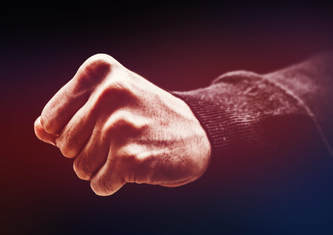

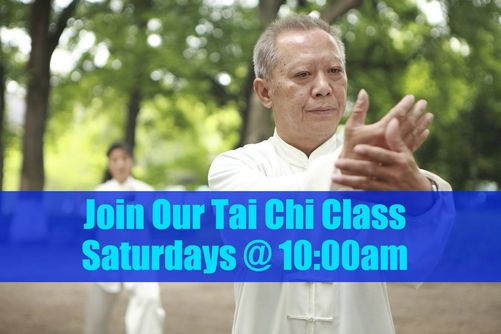

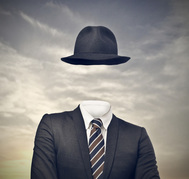

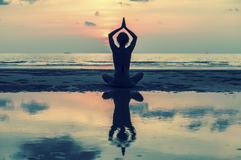

 RSS Feed
RSS Feed
